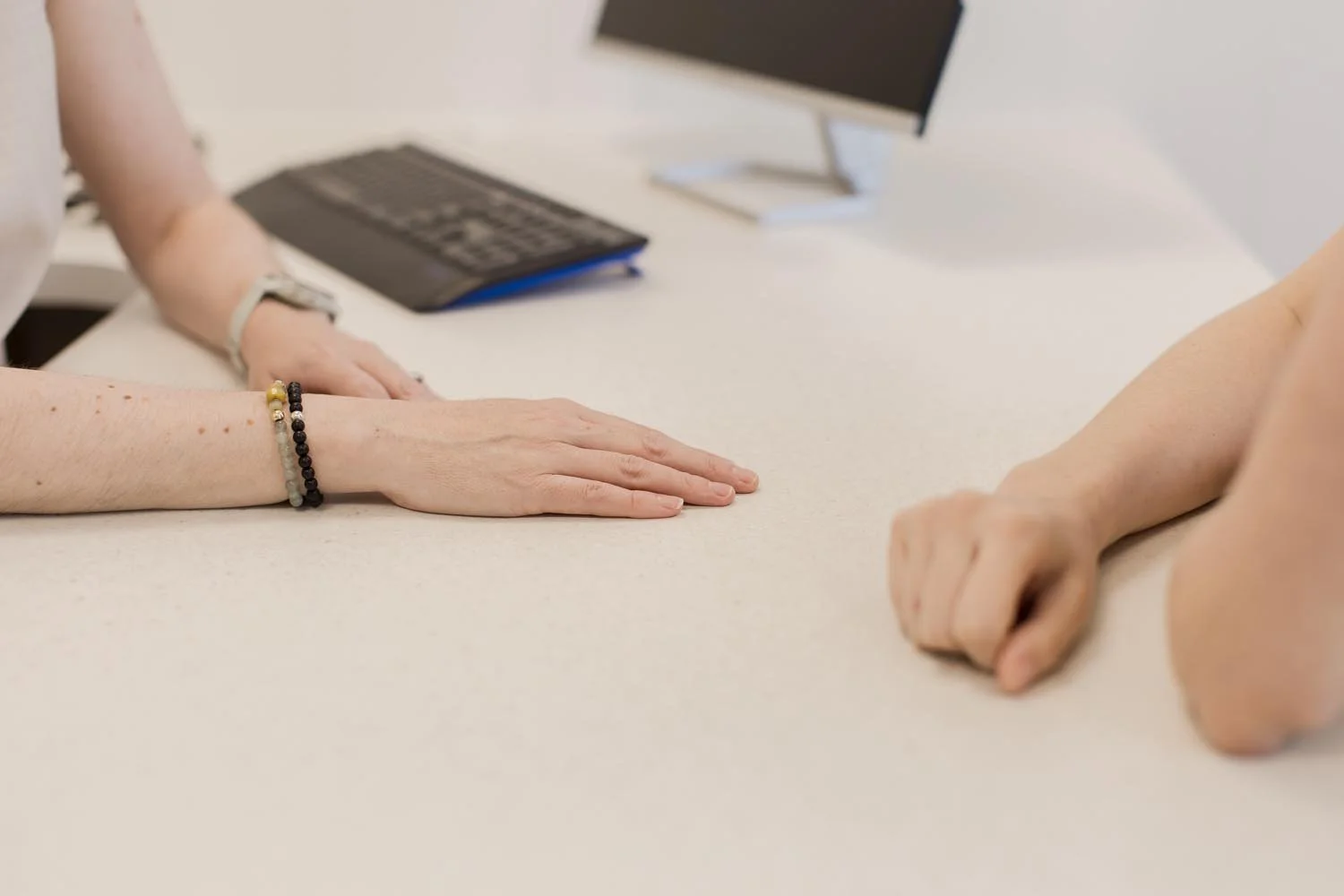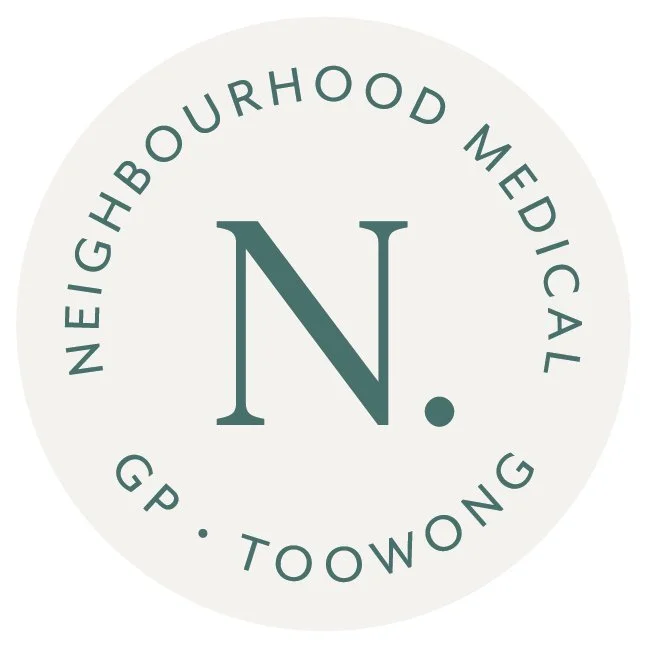What is Polycystic Ovarian Syndrome (PCOS)?
Dr Jo Hallinan
What is PCOS?
Polycystic Ovarian Syndrome (PCOS) is the most common hormonal disorder in women of reproductive age. It affects around 1 in 10 women. There is a spectrum of variable symptoms and severity falling under the umbrella of PCOS. Confusingly, not all women with PCOS have ovarian cysts!
What are the causes of PCOS?
There are a number of factors that contribute to PCOS including
· Family history and genetics
· An imbalance of hormones including insulin resistance
· Weight and lifestyle
What are the symptoms of PCOS?
· Irregular or absent periods, which can lead to difficulty falling pregnant
· Difficulties getting pregnant
· Weight gain: many women with PCOS have difficulties maintaining and losing weight. Increased weight leads to further hormone imbalance
· Metabolic problems (high blood pressure, high cholesterol, insulin resistance)
· Psychological issues (depression, anxiety, low self esteem)
· Many women will notice oily skin, acne, hair loss - all signs of raised testosterone activity.
How can PCOS affect a woman’s overall health and wellbeing?
· Psychological effects : the physical symptoms of PCOS (like excess weight, body hair, acne) can have quite a significant impact on a woman’s mental health. Women with PCOS have a high prevalence of anxiety and depression which we refer to psychologists and sometimes prescribe medication Seeing a psychologist or counsellor can help with this. Sometimes we use medication for anxiety and depression.
· Fertility : For women with irregular of absent periods, lack of ovulation can be a problem. Weight loss is helpful to induce ovulation. We sometimes use medication to help with weight loss and to achieve pregnancy.
· Skin changes : women with PCOS will often have excessive body hair. Many women choose to use hair removal treatments (laser, waxing, shaving). Acne is often managed with both topical treatments and tablets.
· Other medical conditions that women with PCOS are at higher risk include diabetes, high cholesterol, heart disease, stroke, endometrial cancer and sleep apnoea.
Diagnosis and management of PCOS:
Diagnosing PCOS involves taking a history of relevant symptoms, usually some blood tests and possibly an ultrasound scan. We take a wide approach in the management of PCOS, to treat symptoms and reduce the risk of complications of PCOS like diabetes and heart disease. Treatment will depend largely on the symptoms that are causing the most distress to the women for example infertility, acne, excessive weight. Luckily, PCOS is responsive to management based in lifestyle change including changing your eating habits and exercise, as well as medications. If you have PCOS you may be eligible for subsidised visits to various allied health practitioners such as dietician and exercise physiologist.



